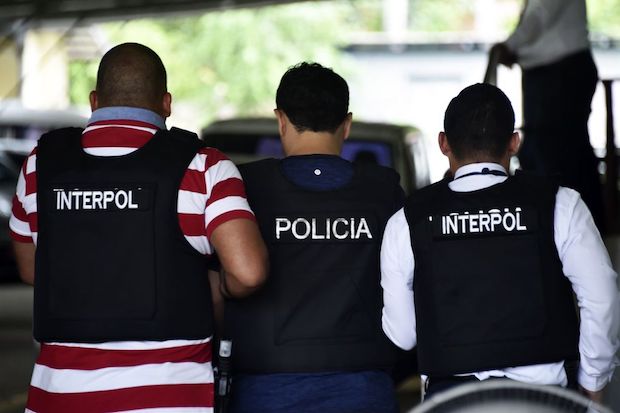Looking at the past year, it’s evident that 2018 saw some incredibly high-profile cases of money laundering. For offenders to operate successfully in organised criminal circles, ‘dirty’ money needs to be cleaned before it can be used. This poses a real threat to not only businesses but also to the general public, as criminal activity such as people trafficking, terrorist financing and drug dealing is funded and supported by laundered money.
Prominent instances of money laundering have brought attention to the issue, and have encouraged financial institutions across Europe to tighten up their regulations and take a step in the right direction to prevent financial crime. The European Commission’s 5th Anti-Money Laundering Directive was a prime example of this. Enforced in July this year, the aim of the regulation was to establish a centralised, public register of companies and their ultimate beneficial owners, therefore reducing the number of shell companies that exist.

Get Britain's best politics newsletters
Register to get The Spectator's insight and opinion straight to your inbox. You can then read two free articles each week.
Already a subscriber? Log in






Comments
Join the debate for just $5 for 3 months
Be part of the conversation with other Spectator readers by getting your first three months for $5.
UNLOCK ACCESS Just $5 for 3 monthsAlready a subscriber? Log in